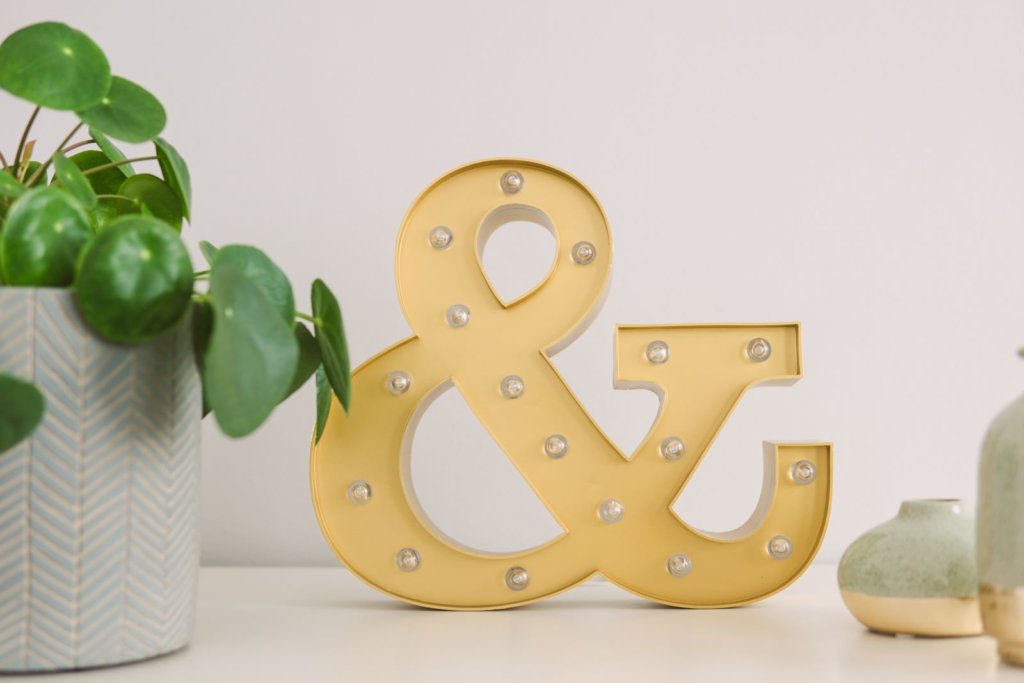Both Can Be True
My friend Kat Nadel, a Nonviolent Communication (NVC) facilitator, mentioned she’s writing a blog about eight things NOT to say to Ukrainians right now. One of those things is including the words “at least” anywhere in your response. For instance, if a Ukrainian says, “My 12-year-old niece had to travel by herself to Romania and now she’s sheltering at a refugee camp all alone,” and you say, “That’s terrible! At least she’s safe.”
Saying “at least” is discounting the experience, feelings, and perspective of the person sharing. “At least” never makes anyone feel better. It’s not connective, it’s not empathic. I know we’re encouraged to look on the bright side of things, to be grateful, and I agree with those practices, BUT not at the expense of emotional connection. And that’s what saying “at least” does. It puts distance between you and whoever is sharing.
We have a name for this practice: toxic positivity. It’s “dismissing negative emotions and responding to distress with false reassurances rather than empathy,” according to UW Medicine. “It comes from feeling uncomfortable with negative emotions. It is often well-intentioned but can cause alienation and a feeling of disconnection.”
Yep. Sure does. It’s also interesting for me to realize that not only do we “at least” other people, we also “at least” ourselves. I’ve done that for the past few weeks. Whenever I’ve been irritated or concerned about something – my shoulder hurting, waiting on money from clients, wishing I wasn’t so tired, etc. – I’ve said to myself, “Well at least I’m not in Ukraine.” It’s true, I’m not in Ukraine, but that doesn’t make the pain I feel in my shoulder dissipate. Instead, I feel bad that I feel bad.
The thinking goes, “I ‘shouldn’t’ feel what I’m feeling because other people have it so much worse.” And yes, they do, but why does it have to be a competition? Why can’t I feel heartbroken, worried, and shocked about the situation in Ukraine while also feeling dismayed, sad, and concerned about my shoulder? I can! Both can be true!
The empathic response to both myself and others is to say, “I hear you. It sounds like you feel _____. Do you have a need for _____?” And that’s it. No fixing, no changing, no pitying, just presence to what is alive both in myself and in others. This is so very hard but it seems to me what we all need more of is true connection. We need true witnessing of someone else’s pain as well as our own. Let the pain, the feelings, all of it, be there because this is what it means to be alive. I can’t speak for everyone, but I know I try to inoculate myself from pain, from hardship. It’s my dream to have an easy, cushy life but, um, that’s not feasible.
Even the uber-wealthy, the people who have every material object they can desire, are not inoculated from pain or hardship. Even for them, divorce happens, death happens. To be alive means to endure something you don’t enjoy. It just does. And instead of turning away from the pain or engaging in toxic positivity, the best thing we can do for ourselves is to stay with it. To cry about people fleeing Ukraine in droves. To worry about rising gas prices. And to say “ow” when our shoulder hurts.
I dream of a world where we meet each other with empathy, not toxic positivity. A world where we understand while someone will always have a worse situation, that doesn’t change our situation. A world where we realize we can feel upset about events in the world as well as sad about occurrences in our own lives. A world where we remember both can be true.
Another world is not only possible, it’s probable.


